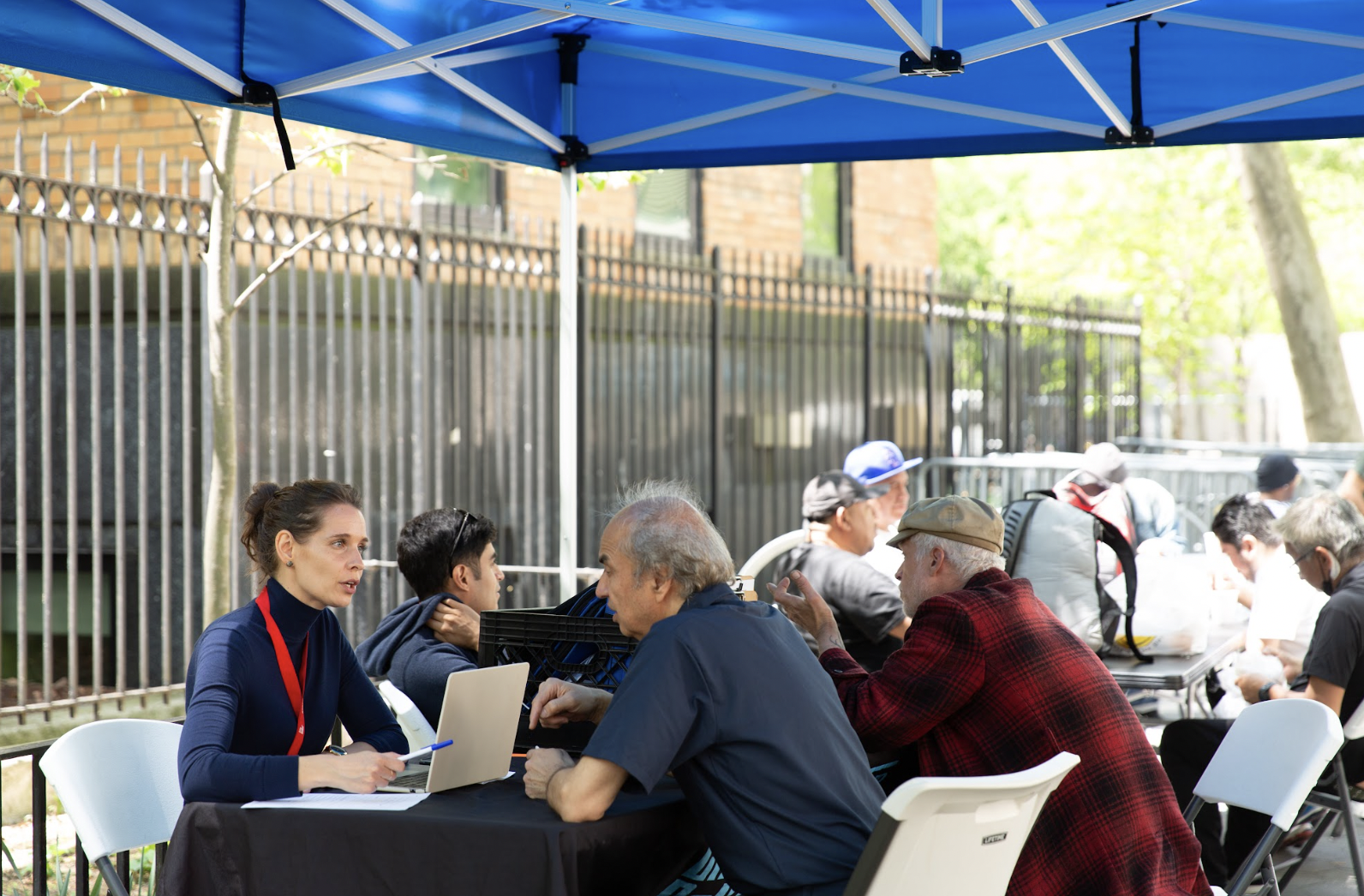Working and Homeless: Lies About Laziness
About ten years ago, my wife and I were visiting a church in Manhattan. After the service, we wandered through Union Square Park on a perfect spring day. Vendors, artists, and musicians filled the sidewalks, and the trees were exploding with new life and vivid colors.
That's when I noticed a man sitting on the ground with a cardboard sign that read:
"Need money for work, anything helps."
At first glance, it didn't make sense. Most people are used to the phrase, "Will work for money." His message felt backwards. But when I stopped to talk with him, it clicked.
He was a contractor with a specialty in electrical work. After falling on hard times, he was slowly piecing things back together. A friend had lined up a job for him on a construction site. But when he arrived, the supervisor told him he couldn't step foot on the site without steel-toed boots and a hard hat.
The only thing standing between him and a paycheck was essential items he had to pay for just to get in the door. A lot of us don't realize that finding work is not the same thing as accessing work. It takes money to make money, and if you don't have any to begin with, it makes progress feel like a cruel joke.
Moments like that remind me how quick we are to believe what I call the Lie About Laziness. It's the assumption that people who are unhoused are there because they don't want to work. In reality, many of our neighbors are already working—or at least willing to do whatever they can to get started—but face obstacles that most of us never even have to consider.
Over the next two months, I'll be diving deeper into this lie and exploring the realities of the working homeless. In my book, Neighbors With No Doors: The Truth About Homelessness, and How You Can Make a Difference, I push back on the myth that unemployment is the main driver of homelessness. And for this email series, I'll also be drawing from journalist Brian Goldstone's powerful book, There Is No Place for Us: Working and Homeless in America. His reporting highlights what we see every week at City Relief: families and individuals who put in long hours at jobs that still don't pay enough to cover rent, childcare, or medical bills.
The man I met in Union Square wasn't lazy—he was stuck. Without money for boots and a hardhat, he couldn't start the job. Without the job, he couldn't afford housing. Without housing, the barriers only multiplied. That cycle is what traps so many people in homelessness, not a lack of effort or ambition.
Everyone is fighting battles we can't see. Let’s respond with compassion, especially when we don’t understand.
With gratitude,
Josiah Haken
City Relief, CEO

